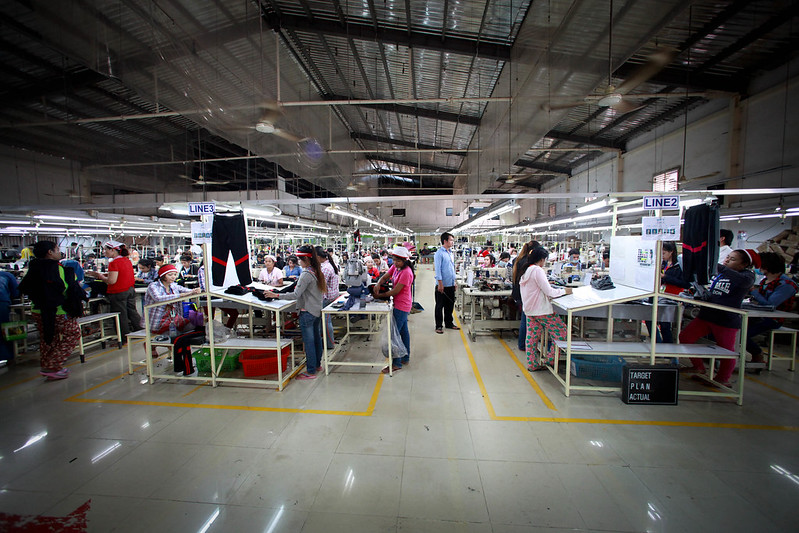2 June, 2022The Covid-19 pandemic left millions of garment workers around the world without jobs and pay, bringing to light the precarious work environment they have faced for decades. A change is needed in the sector, including an urgent need for social protection for garment workers.
On 31 May, IndustriALL and ILR School’s New Conversation Project hosted a webinar to launch the recent report, “Security for Apparel Workers: Alternative Models”. The report, commissioned to examine past efforts and possible models for advancing social protection in the global apparel and footwear sector, outlines existing approaches that have attempted to provide apparel workers with some degree of income security, and use those to assemble the necessary elements of a way forward for the development of sustainable systems of social protection.
Executive director of the ILR School’s New Conversation Project Jason Judd, says:
"Covid was a stress test for systems – private ones run by fashion brands and public ones built by national governments – to protect workers in the global apparel industry. Most were found wanting."
After addressing several other systems – including funds that were set up in the aftermath of a tragedy, like the Rana Plaza accident, as well as one responding to COVID-19 – the paper highlights that one match for the goals of a global social protection would be to set a model similar to the International Bargaining Forum. The Forum is the industry-wide framework established in 1999 for collective bargaining between the global seafarers’ union, the International Transport Workers Federation– now representing nearly 150,000 seafarers – and a consortium of European vessel owners and shipping management firms.
“Of all the agreements and mechanisms reviewed above, we see this as the strongest in that it is specific and binding, covers multiple countries and is global in scope, includes industry funding for independent enforcement and work welfare, and has a governance structure rooted in collective bargaining. All of these elements could figure in a global social protection agreement, beginning with its form: a transnational collective bargaining agreement between unions such as IndustriALL and its affiliates, buyers and suppliers.”
"The current supply chain model is built on cheap labour and avoiding responsibility; taking production to countries with no labour rights and little social protection. Without social protection, societies fall apart. Social protection is a public issue, but until that is a reality, we have to build a system with incentives to push governments and companies in the countries where they operate,"
says IndustriALL general secretary Atle Høie.
The report recommends:
- A global severance fund established with money provided as a result of an agreement between global unions and global brands.
- A global governing body for unions, suppliers and fashion brands with a small number of seats (voting or observing) reserved for national governments, a representative of an international financial institution, and NGOs which are active in the apparel supply chain sphere.
- National level bodies to monitor the process of establishing, improving national social security systems, educating workers about the fund and its purpose, and, potentially, a role in disbursing funds nationally.
- An “inspection function” that allows union participants across dozens of countries, supported by the global fund, to verify compliance with the terms of the agreement
Photo: Factory assessment in Cambodia, ©ILO
